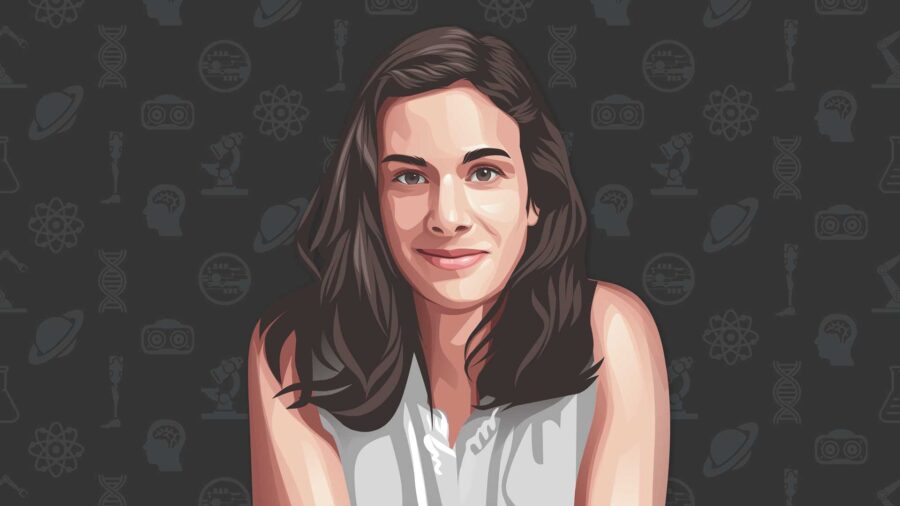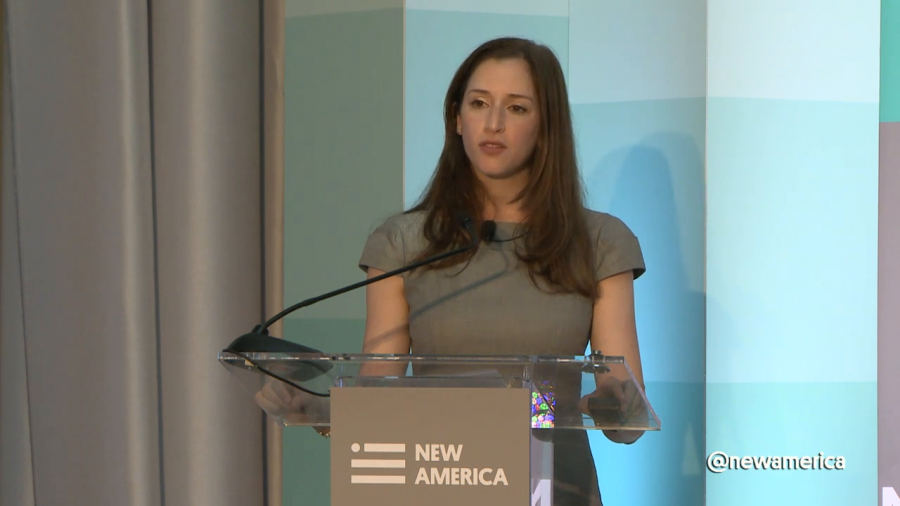We rarely think about the link between trust and progress and innovation, and how societies move forward. But when you start to think of it like that, you realize that trust is actually the key component not just for companies but any organization that wants human beings to try new things.
Archive (Page 1 of 2)
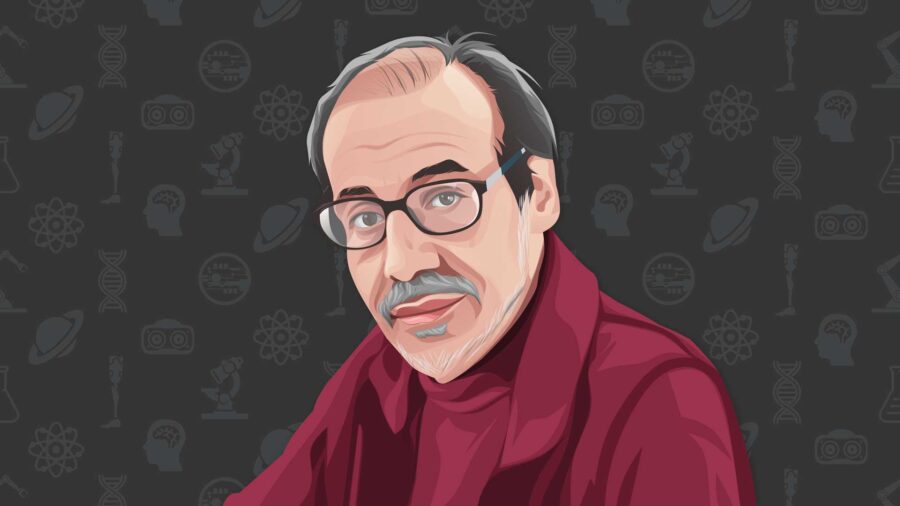
Humanity 2.0 starts to challenge a lot of the assumptions of Humanity 1.0, especially in terms of issues having to do with limitations. So in other words, you might say there are two ways to go on Humanity 2.0. And in my writing, I associate these with the transhuman and the posthuman, respectively.
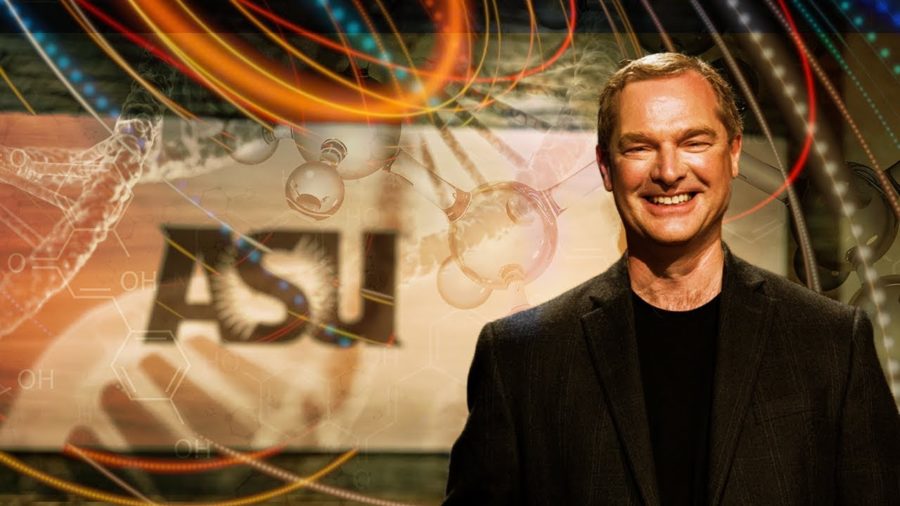
Risk is a funny thing. It affects pretty much everything we do. And yet, most of the time we treat it like a dirty little secret. Something that’s there, but we’d rather not talk about it, a little bit like an embarrassing relative. This probably isn’t such a good idea, though.
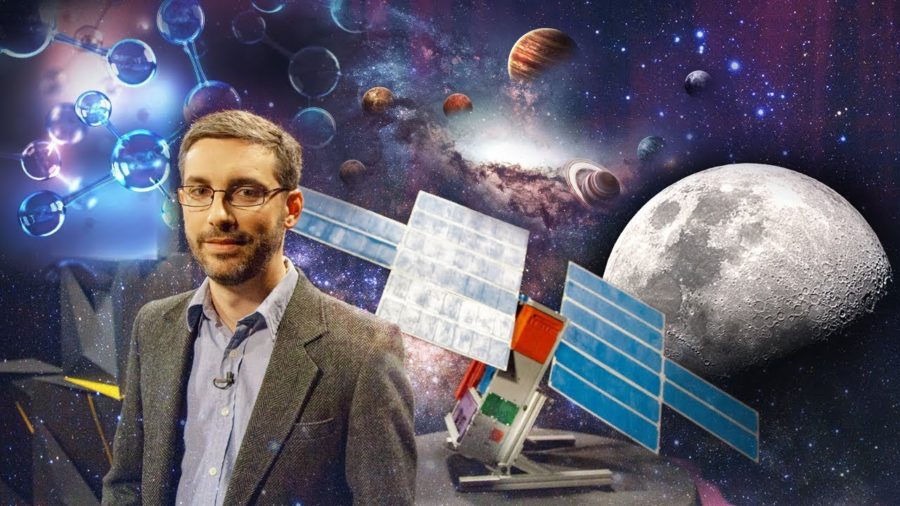
We’re sending LunaH-Map to the moon to sniff out just how much hydrogen is beneath the surface. And we’re looking for hydrogen because it’s a key component of water. Water is geologically interesting on the moon. How did it get there? It’s also important for future human exploration, since it could be used as fuel.
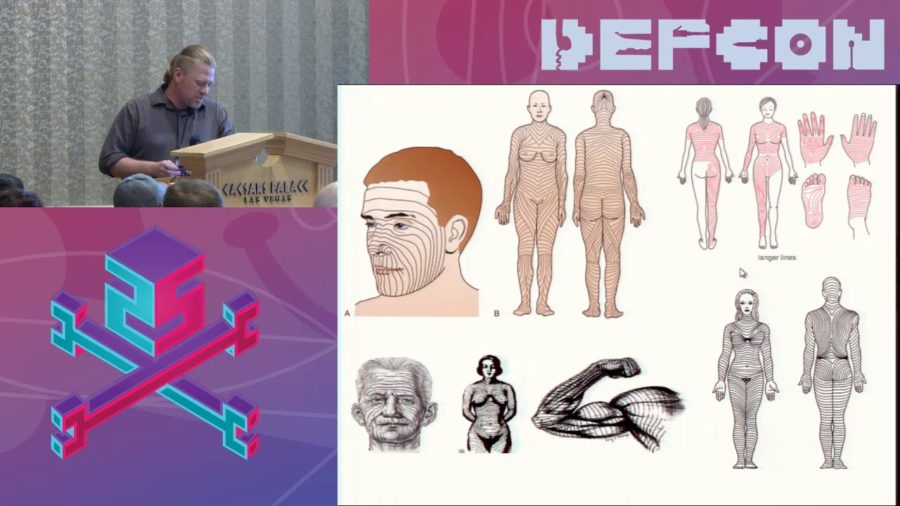
So grinders are a community committed to radically altering the body. And so sometimes it’s treatments like transcranial magnetic, or direct current stimulation. It could be through the use of previously untested chemicals like VIP. Often it takes the form of implanted devices. All these approaches come with risks. What I’m going to focus on today is why despite all the risks being taken, a grinder hasn’t died yet.
Today, in America right now, we only can think of growth in quantitative terms. And in a resource-constrained environment, how frickin’ stupid is that? You’re actually imposing your own death sentence by not being able to get over the grip of this quantitative dynamic.
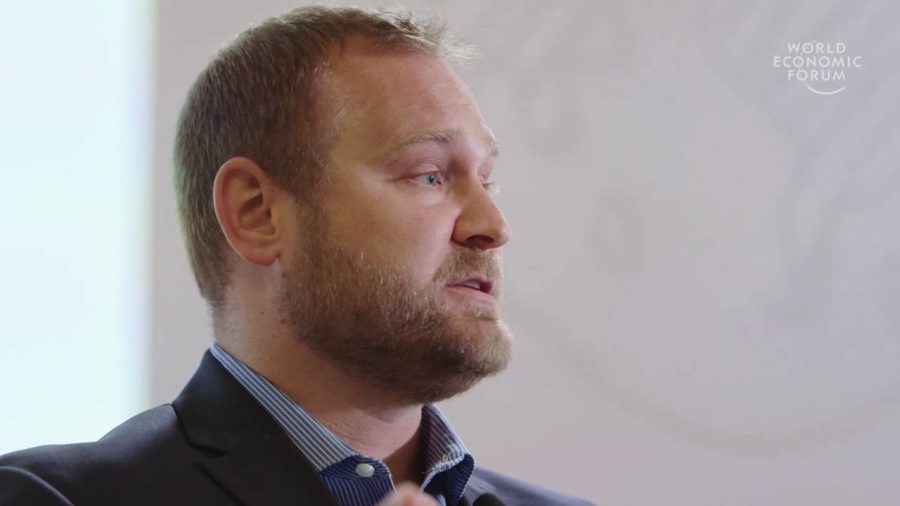
The United States plants more than 170 million acres of corn and soybeans a year, more than any country in the world. And the primary mechanism in the US that we use to subsidize agriculture is actually called the Federal Crop Insurance Program. So, the crop insurance program in the US is also the largest such program globally, with over $100 billion in liabilities annually. So it’s a very big program.
I actually think you can trace many many of these big systemic crises to being symptoms of the flawed idea that economic growth can go on indefinitely, exponentially, on a finite planet. That’s sort of my North Star. And then as a finance person, why do we think we need economic growth? Well, because the way our capital system works is that capital demands that growth.
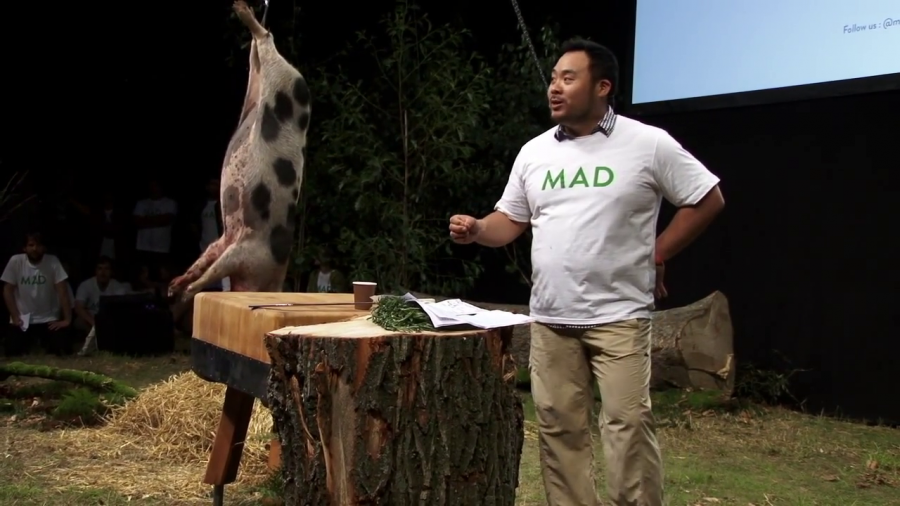
Why did we pick the theme? It seems that when I’m with René or other chefs, younger cooks come up to us and they always ask, “How did you do it?” Or, “Why did you become successful?” Besides it being a team effort, I think it all starts with the seed, a plant of an idea, you know, planting an idea.

